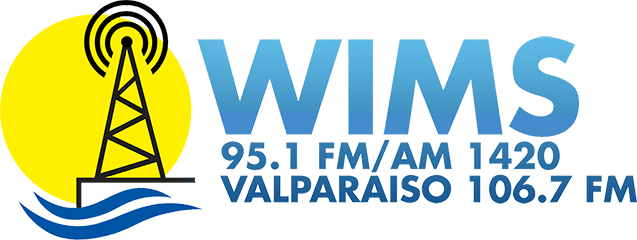This past Friday U.S. Rep. Jackie Walorski (R-Ind.) applauded new policies announced by the Centers for Medicare and Medicaid Services (CMS) to address the opioid crisis by encouraging the use of non-opioid alternatives.
“The opioid epidemic is a serious crisis that impacts every community, which is why I’ve been working to find commonsense solutions like improving access to non-opioid alternatives,” Congresswoman Walorski said. “Last week, the president signed bipartisan legislation to combat the opioid epidemic, including my bill named in honor of Dr. Todd Graham. Today’s announcement is an important first step to build on Dr. Graham’s legacy by breaking down barriers to non-opioid pain treatments so doctors can better prevent and treat addiction.”
On Friday, CMS released a final rule that revises certain Medicare policies with regard to opioids. The new policies include changes to Medicare payment policies to encourage the use of non-opioid alternative pain treatments in ambulatory surgical centers. The finalized rule would also remove questions about pain from post-discharge hospital surveys to ensure the surveys do not encourage overprescribing of opioids.
Walorski previously urged CMS Administrator Seema Verma and Secretary of Health and Human Services Alex Azar to change Medicare reimbursement policies that discourage non-opioid pain management therapies. The president last week signed the bipartisan Substance Use-Disorder Prevention that Promotes Opioid Recovery and Treatment (SUPPORT) for Patients and Communities Act (H.R. 6) into law. It includes provisions from Congresswoman Walorski’s bill, the Dr. Todd Graham Pain Management, Treatment, and Recovery Act (H.R. 6110), which aims to expand access to non-opioid alternative pain treatments and technologies. The legislation directs the Department of Health and Human Services (HHS) to solicit stakeholder feedback, study ways to improve access to non-opioid pain management treatments, and make recommendations to Congress. The study would include an evaluation of possible coverage and payment barriers that prevent Medicare beneficiaries from accessing non-opioid alternatives and steps to improve treatment strategies and case management for various high-risk populations. It would also provide best practices and educational resources for the expansion of addiction treatment for those suffering from mental or behavioral health issues, particularly in rural areas.
